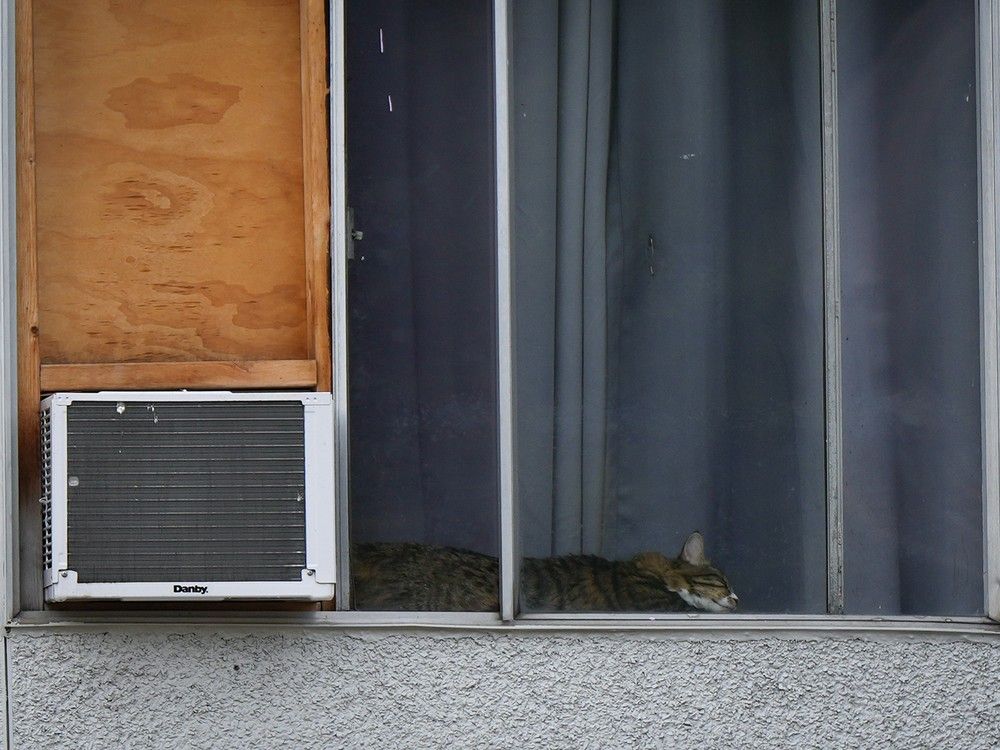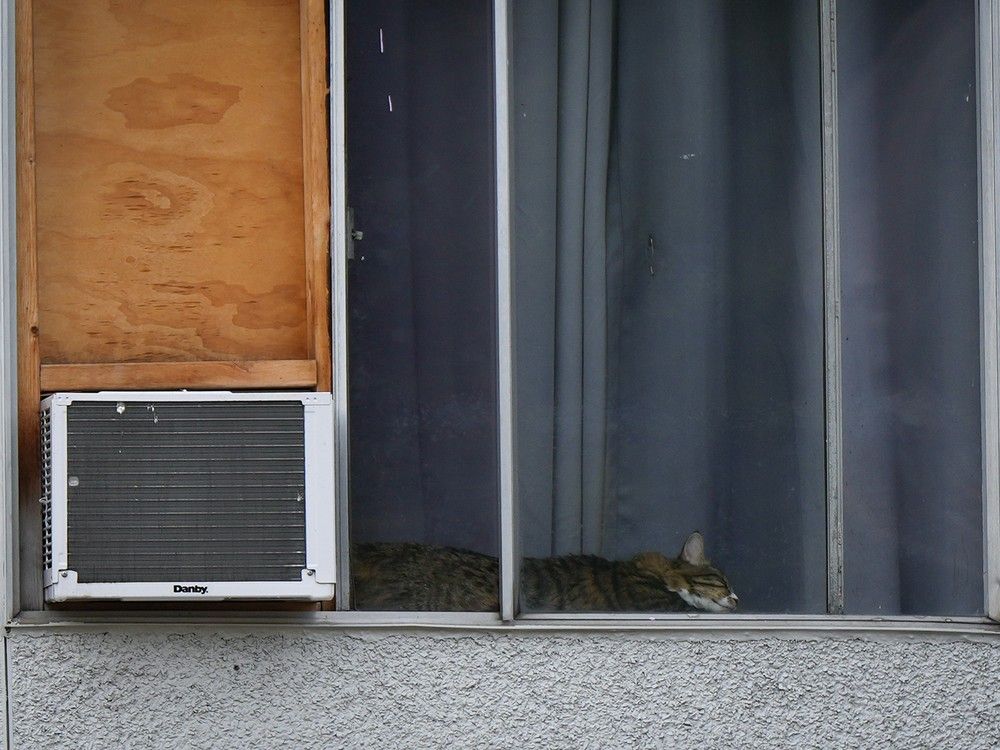
A new report from
says just over two-thirds, or 68 per cent, of Canadian household are reporting use of air conditioning or cooling systems such as heat pumps to beat the heat of summer. That’s up from 64 per cent in 2021.
Air conditioning can offset some of the health and safety effects of heat waves, says StatCan but the agency is also urging Canadians to conserve energy by turning the a/c down when they aren’t home.
Who has air conditioning in Canada?
Air conditioner ownership varies across Canada.
Ontario households (83 per cent) were the most likely to air conditioning, while households in British Columbia (45 per cent) were least likely. This is due in part to climate. Meanwhile, says StatCan, “the most densely populated areas of Southern Ontario reaching higher average summer temperatures than other regions of Canada.“
People in newer homes were predictably more likely to have an air conditioner: 80 per cent of homes built in 2001 and later, compared with 58 per cent of homes built before 1960.
Air conditioning was also more prevalent among homeowners (76 per cent) than renters (52 per cent). It was also more likely in households with higher incomes (82 per cent of those earning more than $150,000 before taxes) than by households with lower incomes (55 per cent among those earning less than $50,000).
There were no differences based on age.
Atlantic Canadians prefer to maintain slightly cooler temperatures than other regions of the country, at 19.8 C.
suggests an indoor thermostat range of 22 C to 25 C.
Who is most likely to turn their a/c down or off when away from home?
As of 2025, just over half (51 per cent) of Canadians with an air conditioner reported turning it off or down when they go away on vacation for one week or longer, says StatCan. Households in the Prairies (56 per cent) and British Columbia (56 per cent) are most likely to do so.
Meanwhile, only a third (28 per cent) of folks out of town for the weekend reported turning air conditioning off or down while away. Adults aged 30 to 44 years were most likely, compared with people 60 years and older. About 26 per cent of people aged 15 to 64 years reported turning it off or down while at work or school.
People aged 75 years and older (25 per cent) were more likely to turn down their air conditioning for short absences, compared to people aged 45 to 59 (18 per cent).
Why do people turn their a/c off?
The vast majority (82 per cent) of Canadians said they want to avoid wasting energy.
The second most-cited reason was to prolong the lifespan of their cooling equipment (7 per cent). This answer was more prevalent among people aged 30 to 59 years.
A further 5 per cent of Canadians mentioned that their main reason for turning down their a/c was to reduce greenhouse gas emissions.
What is the impact of air conditioning on health?
A 2023 study released by
linked air conditioning and prevention of deaths, as well as a variety of heat-related illnesses. Heat-related illnesses include heatstroke, exhaustion, dehydration and hospitalization resulting from respiratory and cardiovascular diseases.
Approximately 280 deaths occurred during the 2010 Quebec heat wave, and 619 deaths occurred in British Columbia during the 2021 heat dome in Western North America.
Who is most vulnerable to heat?
Health Canada has identified the most vulnerable groups when it comes to heat-related health challenges. First was older adults (more than 65 years old). The second was older adults living alone. Third was older adults with health conditions such as high blood pressure, heart and respiratory diseases.
What challenges do renters face over a/c?
Air conditioning is more of an issue for renters, where units are only sometimes provided by the landlord. Generally, if your rental contains air-conditioning, then your landlord is legally obligated to maintain it, as with any other equipment in the home.
simply states that a rental unit “must be fit for habitation.”
However, in Toronto the legal obligation for landlords has tightened. Against a backdrop of heat waves that have increasingly hit central Canada, the
as of April 30, 2025.
For rental units equipped with air conditioning provided by the property owner, the Property Standards Bylaw was updated to require landlords to operate air conditioning from June 1 to September 30 (instead of June 2 to September 14).
Meanwhile, federal regulations focus more on air-conditioning types, efficiency, and equipment standards. See the federal government’s guidance
.
Our website is the place for the latest breaking news, exclusive scoops, longreads and provocative commentary. Please bookmark nationalpost.com and sign up for our daily newsletter, Posted, here.
